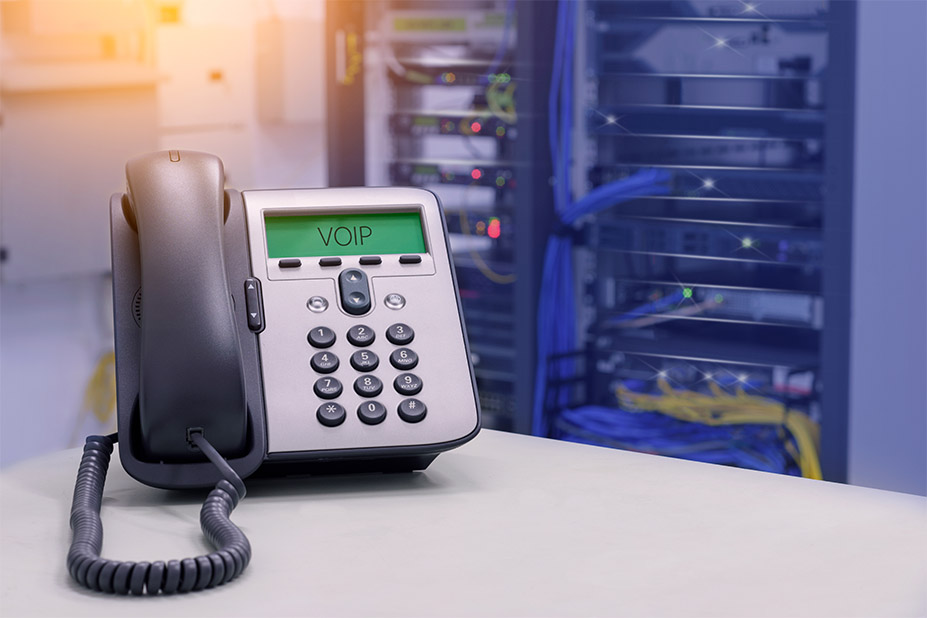IP TELEPHONY

IP Telephony is telephone communication over IP protocol. IP Telephony refers to a set of communication protocols, technologies and methods that provide traditional dial-up, call and two-way voice communication, as well as video communication over the Internet or any other IP networks. The signal on the communication channel is transmitted in digital form and, as a rule, it is converted (compressed) before transfer in order to remove the redundancy of information and reduce the load on the data network. When making a call, the voice signal is converted into a compressed data packet. Next, packets are transferred over packet-switched networks, in particular IP networks. When the packets reache the receiver, they are decoded into the original voice signals. These processes are possible due to the large number of auxiliary protocols, some of which will be discussed later. In this context, the data transfer protocol is a language that allows two subscribers to understand each other and ensure high-quality data transfer between two points. In traditional telephony, the connection is set up using a telephone exchange and is intended solely for the purpose of the conversation. Here, voice signals are transmitted over telephone lines via a dedicated connection. In the case of IP telephony, compressed data packets enter a global or local network with a specific address and are transmitted based on this address. In this case, IP addressing is already used, with all the inherent features (such as routing). At the same time IP Telephony is a cheaper solution for both the operator and the subscriber. This is due to the fact that: Traditional telephone networks have excessive performance, while IP telephony uses voice compression technology and allows full use of the capacity of the telephone line. As a rule, at the moment, everyone has access to the global network, which makes it possible to cut connection costs or completely exclude them. Calls to the local network can use the internal server and occur without the participation of an external exchange. Together with the above, IP Telephony allows improving the quality of communication. This is achieved, again, thanks to three main factors: Telephone servers are constantly being improved and their work algorithms become more resistant to delays or other problems of IP networks. In private networks, their owners have full control over the situation and can change parameters such as bandwidth, number of subscribers on one line, and, as a consequence, the amount of delay. Packet switched networks are evolving, and new protocols and technologies are introduced every year to improve the quality of communication (for example, the RSVP bandwidth reservation protocol).